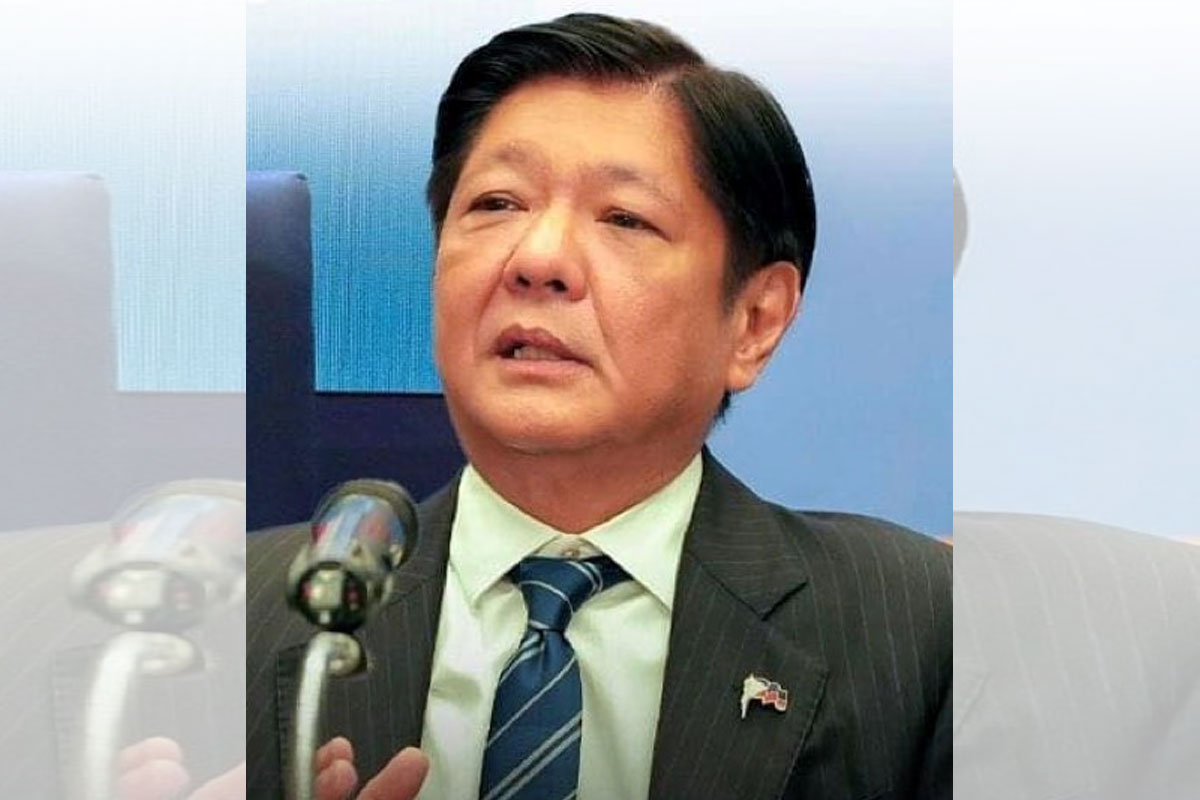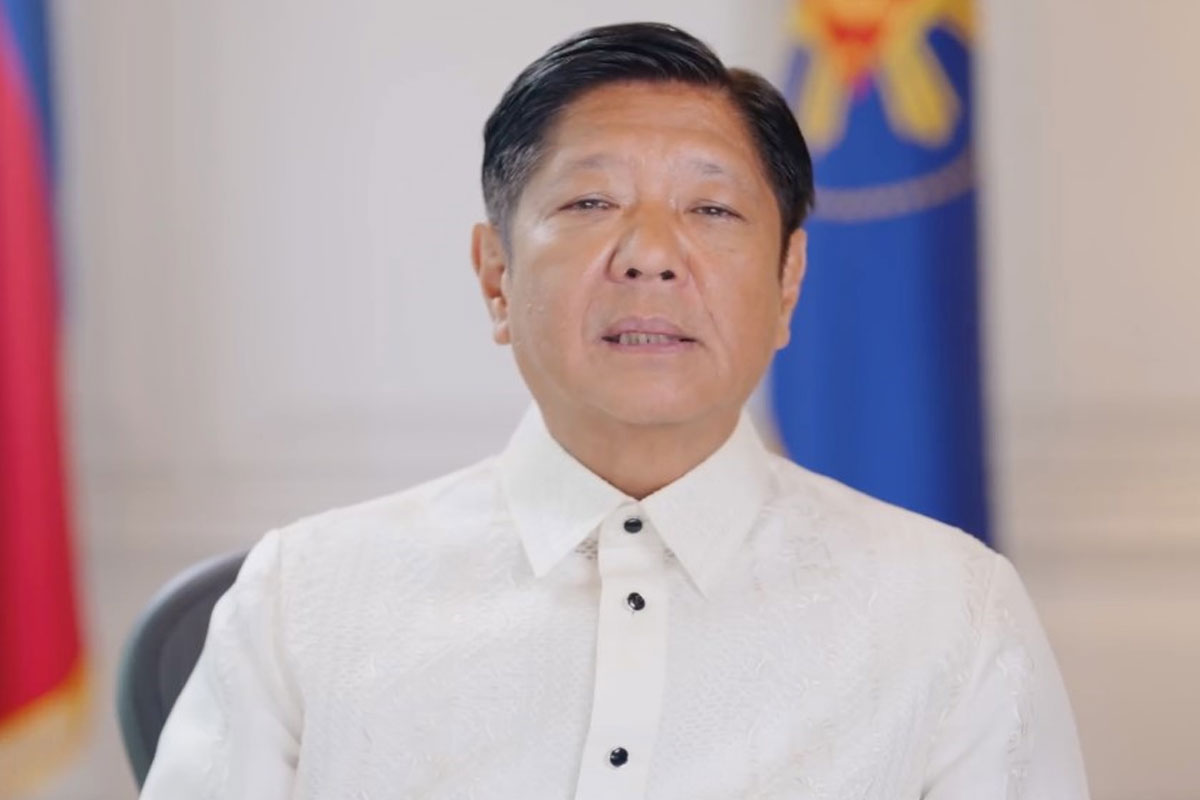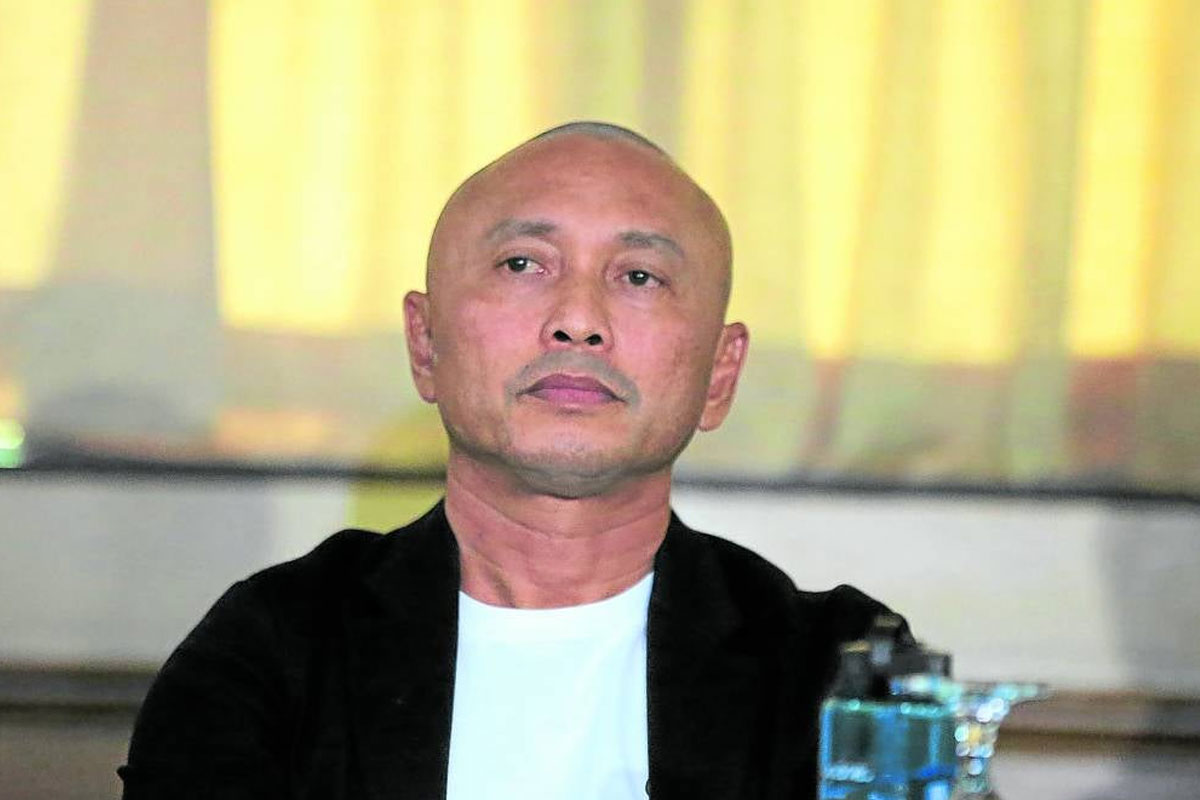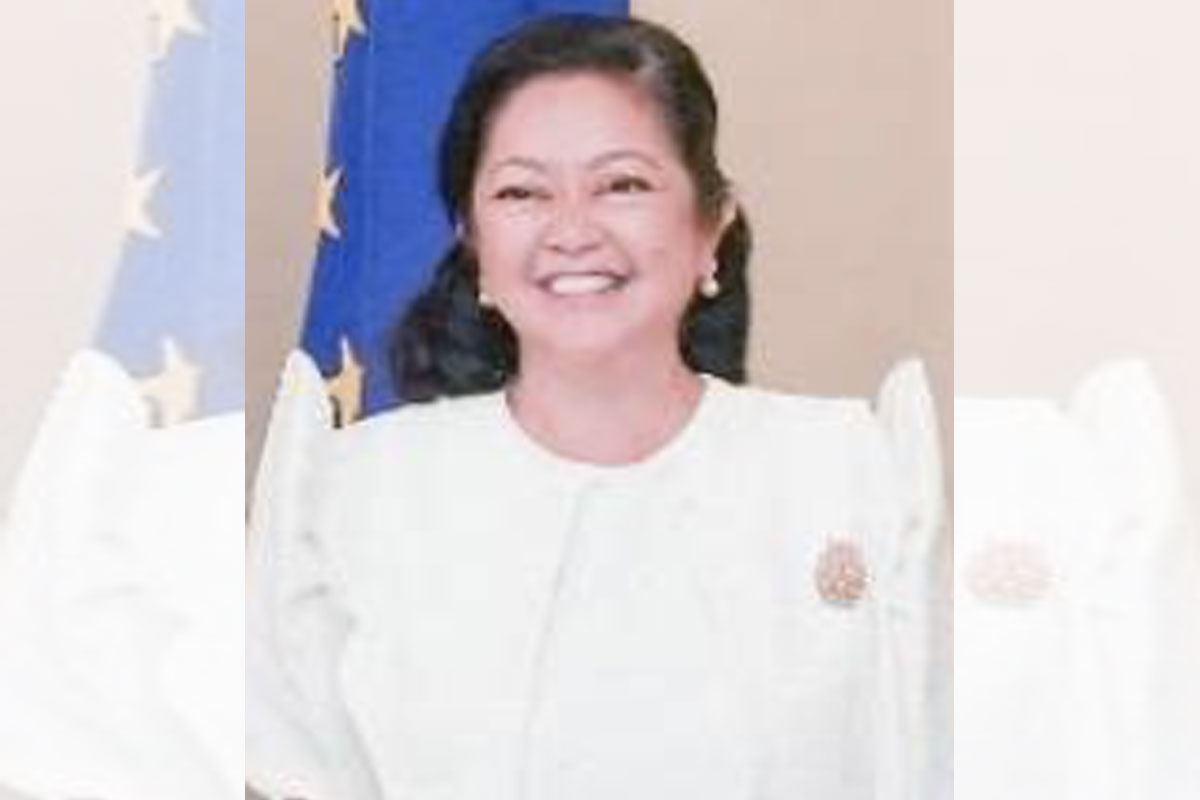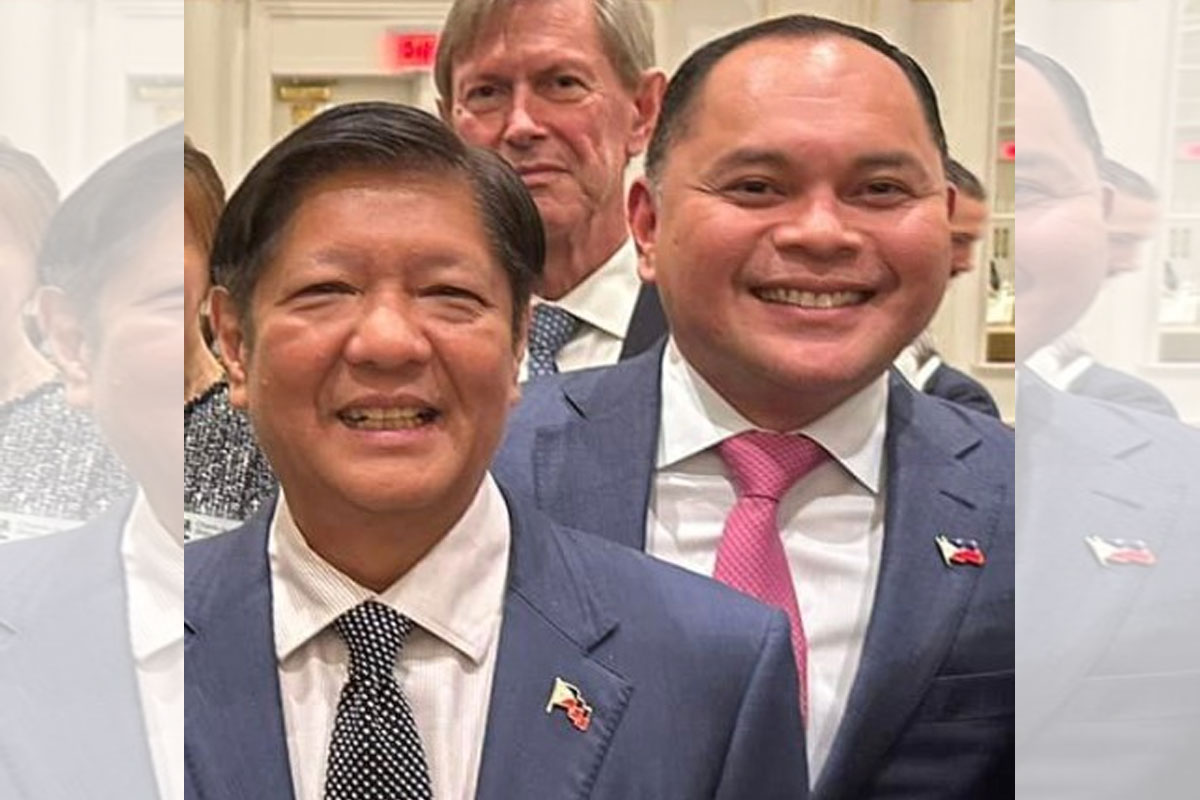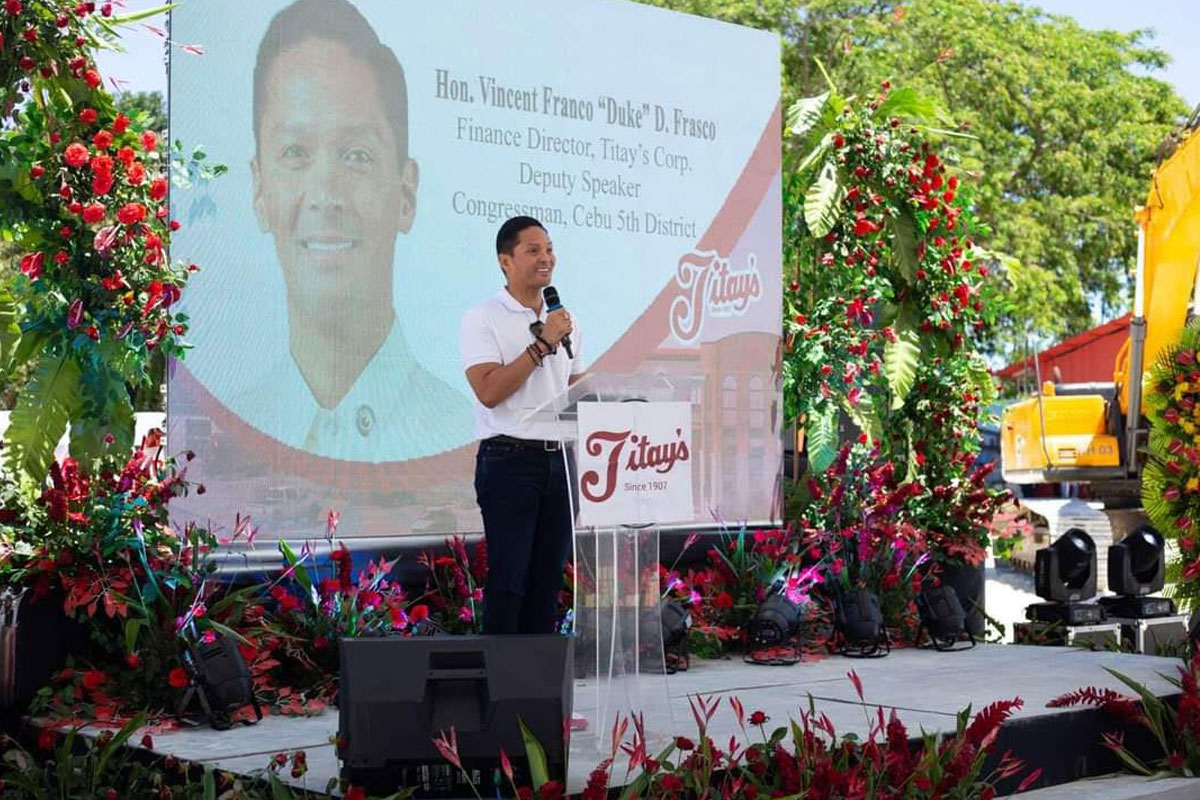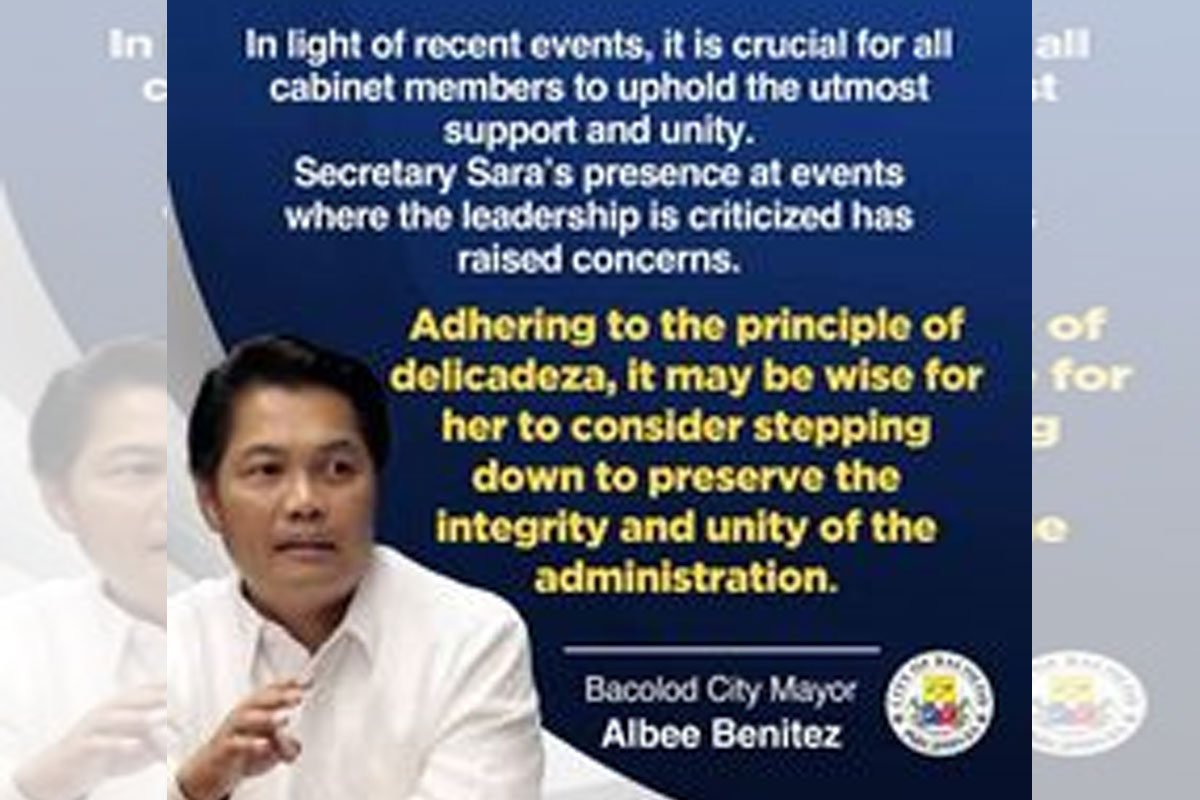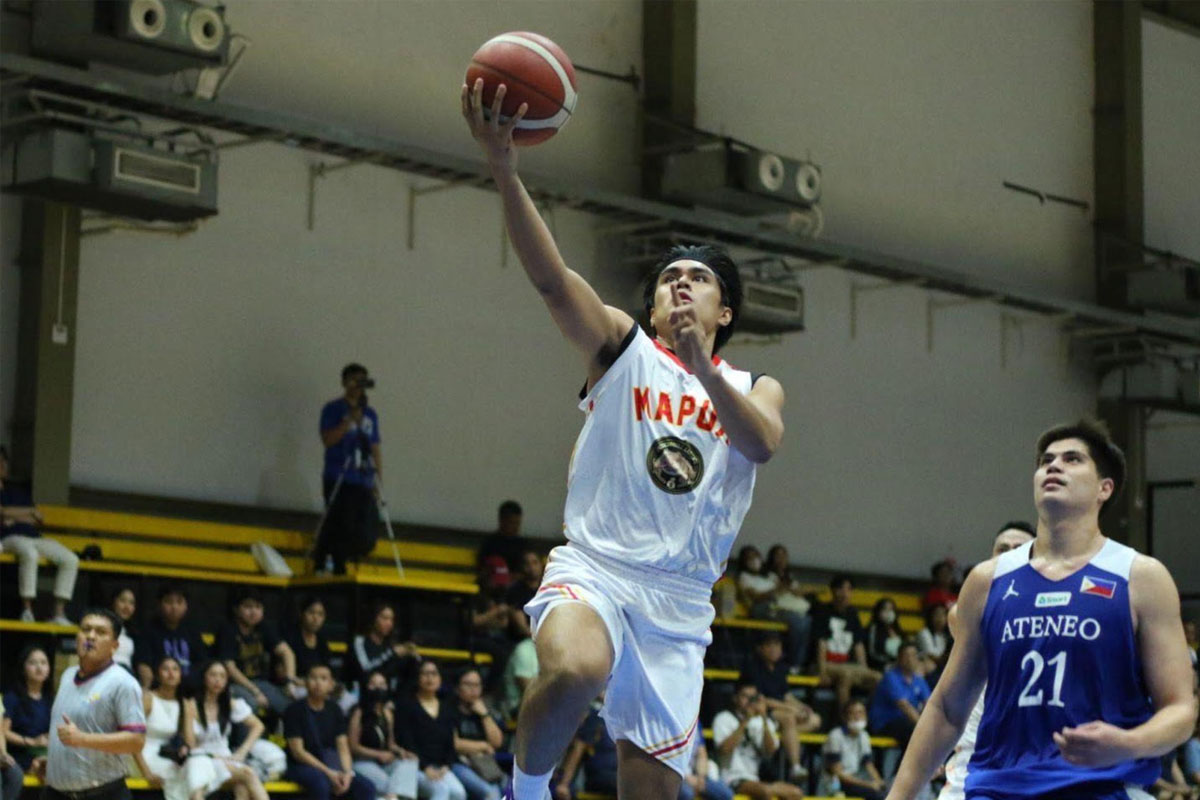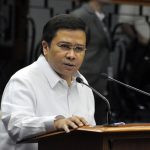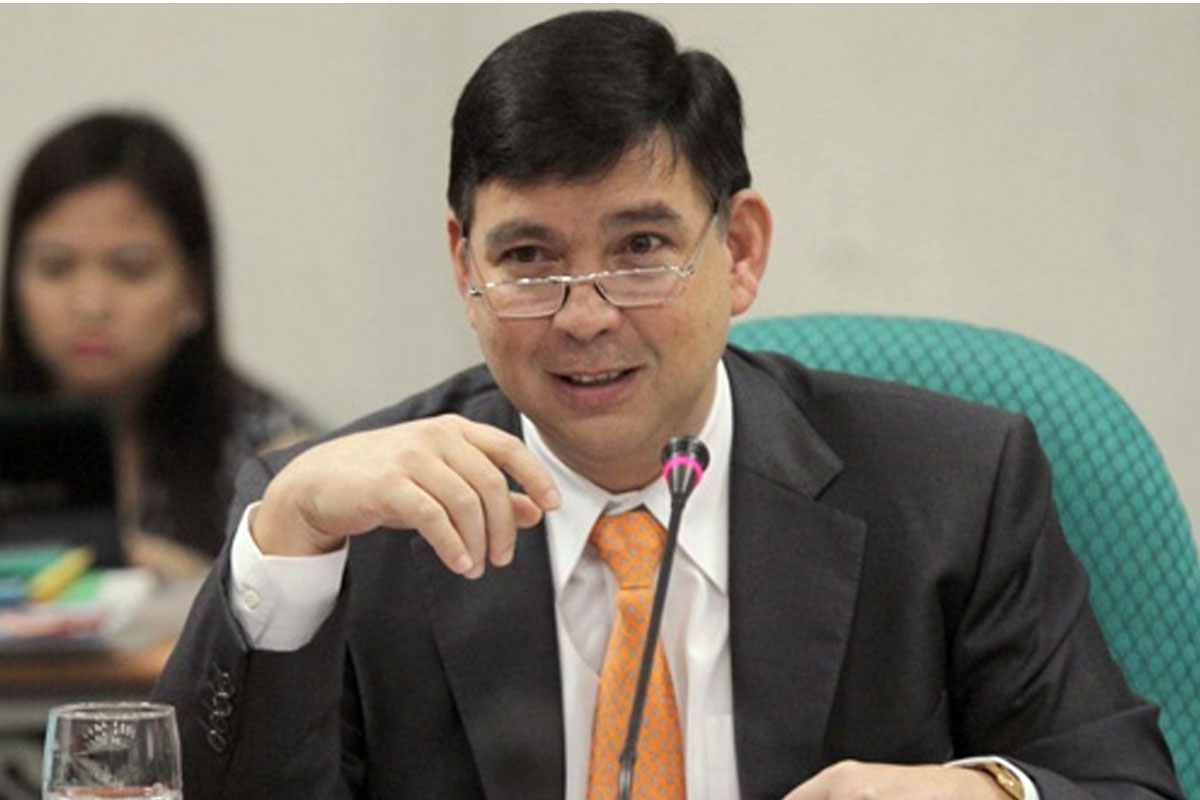
Early voting is access ramp to democracy for millions of disenfranchised PWDs
THE House-approved bill allowing persons with disabilities (PWDs) to vote early during elections is “the assistive device” that removes an “institutional barrier” that prevents PWDs from exercising their right to vote, Deputy Speaker Ralph Recto said Friday.
But more than that, it is “an access ramp to democracy” which could give millions of PWDs the political muscle to elect more of their kind to public office, Recto said.
Despite numbering in the millions – their share of population ranging from 1.7 % to 12 % per official estimates – PWD leaders, despite their sterling qualities, have not broken “the political glass ceiling,” Recto said.
“No sector is grossly unrepresented. The truly marginalized remain unseen and unheard of in policymaking bodies, from local councils to Congress,” he said.
In the House of Representatives, the last PWD who served was the late journalist Art Borjal, a sectoral representative appointed by President Corazon Aquino. He was in office until June 1992.
After a 30 year-drought, the P3PWD Party List, with former Comelec Commissioner Rowena Guanzon as first nominee, garnered almost 400,000 votes, more than enough for one seat, until her assumption of duties was halted by a Supreme Court temporary restraining order.
“But my point is, they should have more seats. Sa dami ng party lists, yung pinaka-marginalized ang wala. And they are not just a sector. They are a nation. And if this bill will result in their issues getting discussed and more of them getting elected, then its impact would be felt beyond voting day.”
Passed by a 295-0 vote early this month, House Bill 7576 grants early voting rights to PWDs, qualified senior citizens, health workers, and lawyers on election day duty.
For PWDs, the bill complements Republic Act 10366, which authorizes the Commission on Elections to establish accessible precincts assigned exclusively for PWDs and senior citizens.
“There is a law which assigns the place. What is lacking is a law which provides more time for them to vote,” he said.
In his speech explaining his vote, Recto said “voting in the Philippines is not only a test of one’s political will but also of physical strength. The lines are never short and the hours always long. Other risks pose danger to one’s health like precincts being shot at.”
These provide insurmountable barriers to PWDs, Recto said, “ a case of disenfranchisement by disability.”
The 2010 national census pegged at 1.57 % the share of PWDs to total population, “which if applied today would translate to about 1.773 million PWDs,’” Recto explained.
The results of the 2016 National Disability Prevalence Survey however showed a higher “disability prevalence rate of around 12 percent, which would translate to about 13.5 million PWDs today,” Recto said.
Hindrances to voting result in the low number of PWDs registered to vote, 318,747 in 2016, with 4 in 5 managing to cast their vote.
The Senate must pass the bill and the President must sign it, Recto said. “The merits of the bill are so evident that we cannot be blind to it.”





